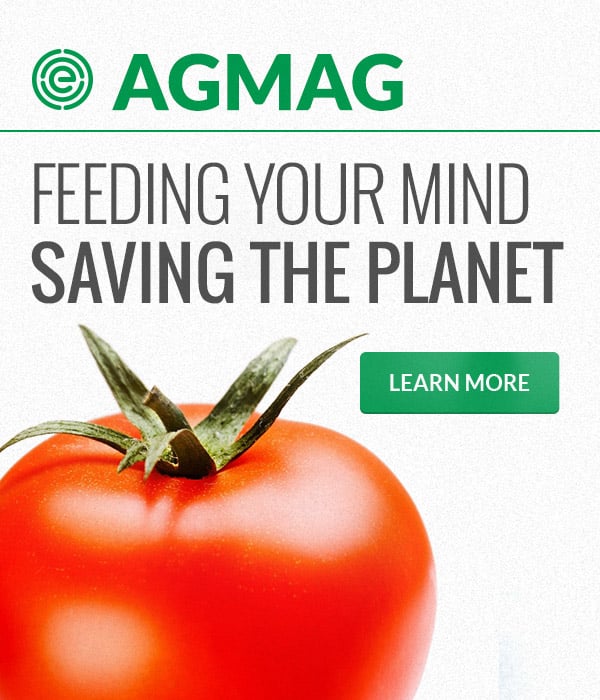Emergency Livestock Assistance Program (ELAP) in Colleton County, South Carolina, 1995-2023
Subsidy Recipients 1 to 20 of 66
Recipients of Emergency Livestock Assistance Program (ELAP) from farms in Colleton County, South Carolina totaled $21,615 in from 1995-2023.
| Rank | Recipient (* ownership information available) |
Location | Emergency Livestock Assistance Program (ELAP) 1995-2023 |
|---|---|---|---|
| 1 | Fiddlers Honey | Walterboro, SC 29488 | $6,868 |
| 2 | William B Herndon Jr | Walterboro, SC 29488 | $5,163 |
| 3 | Mary Alice Crosby | Walterboro, SC 29488 | $676 |
| 4 | Irving M Benton Jr | Walterboro, SC 29488 | $574 |
| 5 | William C Stanley III | Lodge, SC 29082 | $530 |
| 6 | John B Litchfield | Walterboro, SC 29488 | $440 |
| 7 | J Larry Bell | Yemassee, SC 29945 | $411 |
| 8 | Cleveland C Hiott III | Round O, SC 29474 | $400 |
| 9 | Renee Artigues | Walterboro, SC 29488 | $364 |
| 10 | Grayson C Knight | Johns Island, SC 29455 | $318 |
| 11 | John Larry Bell Jr | Walterboro, SC 29488 | $297 |
| 12 | , | $297 | |
| 13 | James G Blocker | Walterboro, SC 29488 | $285 |
| 14 | Charles L Crosby | Islandton, SC 29929 | $274 |
| 15 | Harold Rhodes Jr | Walterboro, SC 29488 | $212 |
| 16 | James R Beach | Walterboro, SC 29488 | $207 |
| 17 | Royce P Herndon | Walterboro, SC 29488 | $202 |
| 18 | J Benjamin Crosby | Walterboro, SC 29488 | $197 |
| 19 | Rusty Kinard | Lodge, SC 29082 | $195 |
| 20 | David W Barnes | Islandton, SC 29929 | $193 |
* USDA data are not "transparent" for many payments made to recipients through most cooperatives. Recipients of payments made through most cooperatives, and the amounts, have not been made public. To see ownership information, click on the name, then click on the link that is titled Ownership Information.
** EWG has identified this recipient as a bank or lending institution that received the payment because the payment applicant had a loan requiring any subsidy payments go to the lender first. In 2019, the information provided to EWG by USDA began to include the entity that received the payment, rather than the person or entity that applied for it, which was previously provided. This move to shield subsidy recipients from disclosure enables USDA to further evade taxpayer accountability. Six percent of subsidy dollars went to banks, lending institutions, or the Farm Service Agency.”
Next >>



 Increasing crop reference prices would hurt young farmers
Increasing crop reference prices would hurt young farmers
 Do billionaires get farm subsidies?
Do billionaires get farm subsidies?
 Crop insurance pays billions in weather-related losses linked to the climate crisis
Crop insurance pays billions in weather-related losses linked to the climate crisis
 Crop insurance costs soar over time, reaching a record high in 2022
Crop insurance costs soar over time, reaching a record high in 2022
 As the climate emergency heats up the Southwest, crop insurance payouts for heat surge
As the climate emergency heats up the Southwest, crop insurance payouts for heat surge
 In the intensifying climate crisis, a hotter Southwest spurs rising heat-related crop insurance costs
In the intensifying climate crisis, a hotter Southwest spurs rising heat-related crop insurance costs
